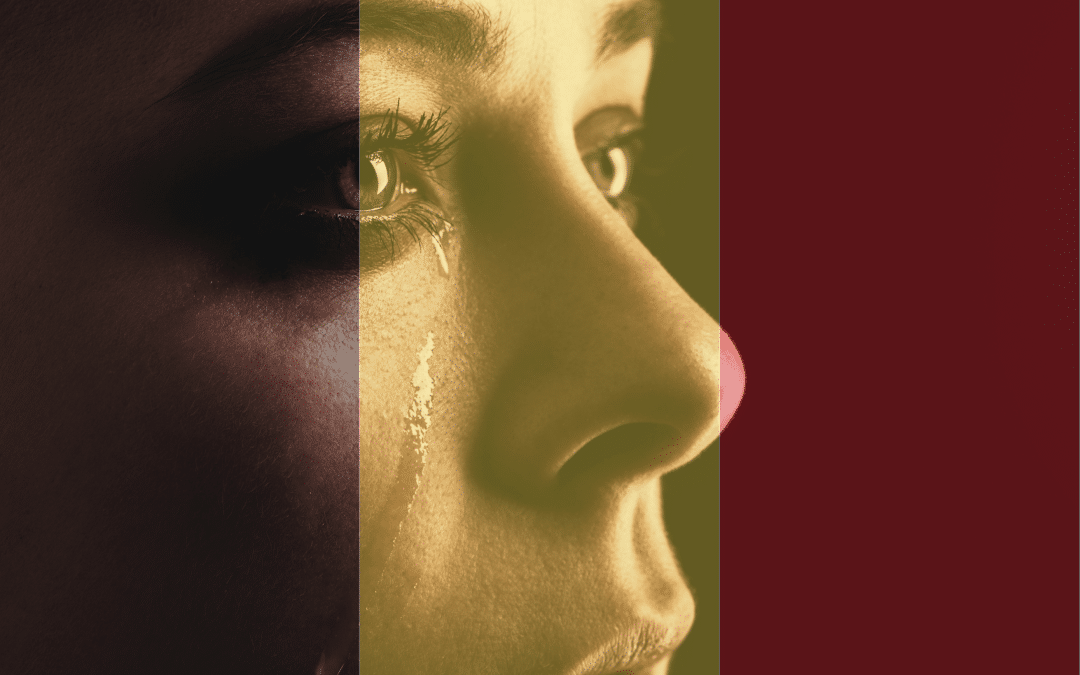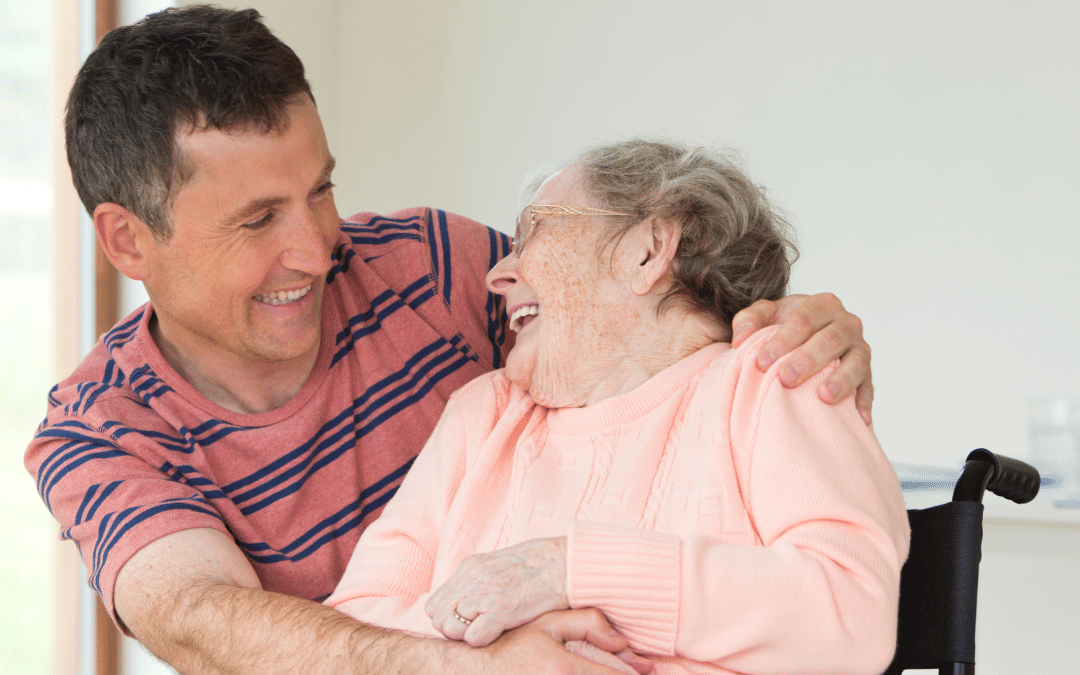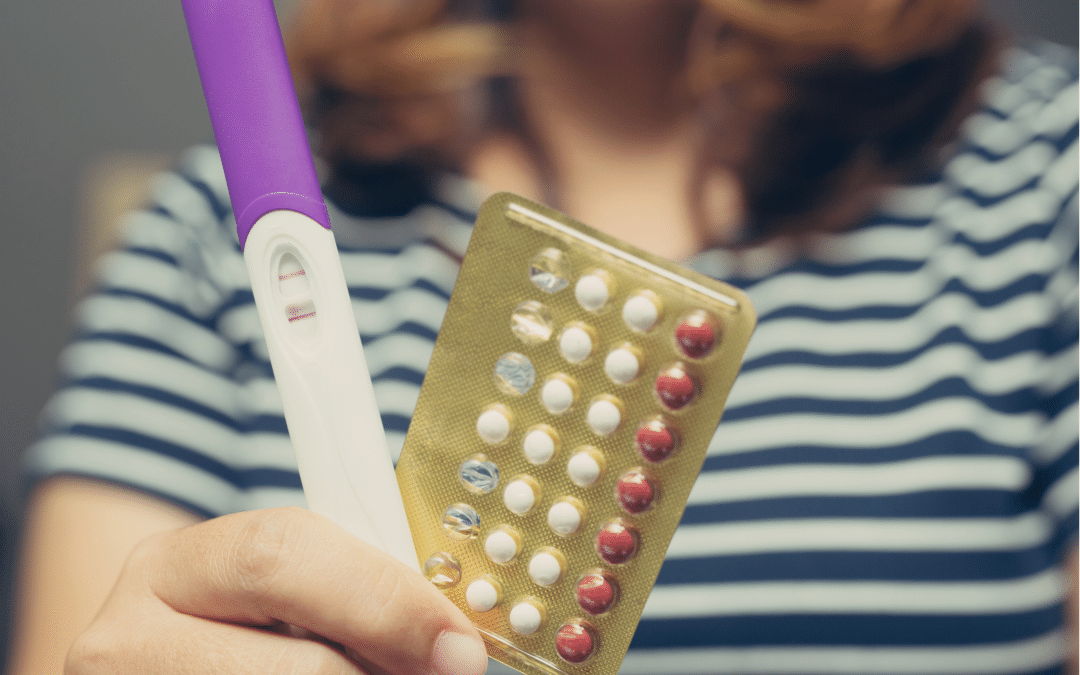Since 14th December 1990, the 1st October has been dedicated by the United Nations General Assembly as the International Day for Older Persons. The theme for 2023 proposed by the UNO is: “Fulfilling the promises in the Universal Declaration of Human Rights for the aged across generations”.
For some time, Alliance VITA, as promoter of the guide of 10 ideas for solidarity, has been sounding alarm bells on this theme and calling for the most vulnerable to be elevated to the very heart of society, by making solidarity, in particular between generations, a priority, to enable our elders to age with dignity. In 2015, the Alliance VITA field teams , carried a magnificent “Messages for life” campaign, which consisted in gathering a key message which our dear elders wished to pass on to the younger generations. For instance, Thérèse, aged 82, wrote that “Grandmothers represent a chain for passing down the values of the past which are perpetually evolving”. Jacqueline, aged 94: “At my age I am still discovering things, it is very comforting, life is worth living to still see that or even Raymond, aged 87: “It is through the respect and solidarity between generations that family bonds are preserved and are developed“.
Since then, many positive and creative initiatives have regularly embellished the media landscape and our social networks.
For example, Paul Peytoureau, a young journalist, has conducted moving interviews with the aged, achieving hundreds of thousands of views on his networks. As a passionate historian, he is quite convinced: “Our elders have a great deal to contribute“. Positive media such as néo regularly report on precious encounters with our elders. The emergence of hospital biographers, particularly in palliative care, remind us also that “All lives are worth telling”. The cross-generation cafes, day nurseries established in old people’s homes contribute to the de-compartmenting of generations and encourage encounters, transmission places and hence social links.
Particularly active in this new challenge for civilisation, Pope Francis is contributing to this awareness campaign by stating that “The voices of our elders are invaluable” because they “preserve the roots of our peoples”. He recalls that without foundations, one cannot build. And that “The foundations of life are its memories”.
Although the media and social networks provide for the creation of new spaces for transmission, unfortunately our current life styles result in the geographic dispersion of our families, leading to a culture of withdrawal on oneself which contributes to the increasing isolation of the elderly.
The figures in France: The worrying “Social death”
The Report on Old Age and Autonomy (2019) evaluated at 4 million the number of people over 85 years of age in France in 2022.
Among those, half could be considered as “isolated” and one in 8, (530,000) would be practically in a situation of “social death”. That is the worrying conclusion reported by the Barometer on the loneliness and isolation of the over 60s (September 2021)
Another alarming figure: 20% of suicides in our country concern people aged 75 or more (4th Report by the National Suicide Observatory, June 2020)
The pyramid of ages: A few worldwide figures
Worldwide, babies born in 2022 should live on average to 71.7 years old, i.e. 25 years more than those born in 1950.
The ageing of the population is a worldwide trend. In 2021, 1 person in 10 in the world was aged 65 or more. In 2050, this age group should represent 1 person in 6. The number of people aged 65 or more worldwide should increase from 761 million in 2021 to 1.6 billion in 2050, resulting in the proportion of the aged population growing from less than 10 % to around 17 %. Women tend to live longer than men and therefore represent the majority of the elderly. In 1950, women could expect to live around four years longer than men worldwide. In 2021, the difference between the two has increased to over five years.
It has become essential for society to take stock of this change and make progress to adapt to the growing number of the elderly.
Unfortunately, the absence of any roadmap on old age and the endless hesitations on the “Ageing well bill” raise questions on the priorities of the government, at a time when the sector already today is suffering from a cruel shortage of means and personnel.
Further reading :
2015 Alliance VITA campaign, messages for life
2022 Alliance VITA campaign, change our way of looking
Alliance VITA pamphlet: 10 ideas for solidarity – old age, dependency, end of life
Deferment of the Ageing Well Bill: old age abandoned
The development of intergenerational solidarity – the Alliance VITA proposals, 2022





